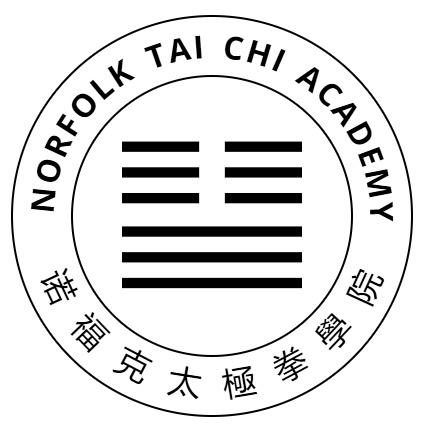攆 猴 Repulse monkey is one of the repeated moves in the Tai Ji set. Why do we repulse the monkey? The simplest explanation is that to calm the mind, we must repulse or expel (攆) the chattering monkey mind.
 This makes sense, but perhaps there’s more to it than this. As ever, the question to ask is: What would a Chinese person understand by the name of this move?
This makes sense, but perhaps there’s more to it than this. As ever, the question to ask is: What would a Chinese person understand by the name of this move?
Monkey was a cheeky Chinese demi-god. He got up to all kinds of mischief, but the exploit that the Chinese best remember is revealed by the name of a movement in the Lok Hup set: Monkey picks fruit. According to the legend, Monkey stole the Peaches of Immortality from the garden of Xiwangmu, the Queen Mother of the West, and gorged on them. He is now an Immortal – the goal of Taoist practice – but he has taken a short cut. This is cheating, and Buddha Shakyamuni imprisons him under Five Elements Mountain for 500 years. This episode is widely depicted in Chinese art, both in paintings and sculpture.
In Repulse Monkey we try to stop Monkey from stealing the peach. Imagine a nice juicy peach in the upturned palm of your hand. As Monkey reaches for it, you withdraw it, and the rear hand delivers a palm strike, thrusting him away.
You think this image a bit fanciful? The movement just before Repulse Monkey is Fist Under Elbow. This was once explained to us as: Reach out, grab an apple, and slice it in half. Now, apples are to the West what peaches are to the East. The Chinese Peaches of Immortality should remind us of the Golden Apples of the Garden of the Hesperides in Greek mythology which also conferred immortality. One of the 12 Labours of Hercules was to steal some apples from this garden, which was guarded by a dragon. The parallels don’t stop there: the Peaches of Immortality were in the garden of the Queen Mother of the West, whilst the Hesperides were also in the far west, and situated near a mountain – the mythical Mount Atlas. The Garden of Xiwangmu is situated near a mythical Taoist mountain, Mount Kunlun. Both gardens are attended by young maidens: the Garden of Hesperides is named for the nymphs who tend them, whilst Xiwangmu’s garden is tended by her seven daughters. The Garden of Hesperides is the original paradise (the word means ‘enclosed garden’) – the Garden of Eden.

In Repulse Monkey, then, we thrust away our desire to achieve results without working for them.
If one may not steal one of the Peaches of Immortality, how can one get one? Xiwangmu would occasionally give them to deserving mortals. In other words, they cannot be taken, but only given. In the West, this is what we call grace.

A final inspiration for our practice comes from the monkey itself. The character 猴 today refers to any kind of monkey but formerly it was used just for gibbons. Gibbons swing through the forest canopy on their long arms, which are beautifully extended in long, relaxed arcs, rather than locked straight, with the elbows pointing down. “Drop elbows” was the correction Mr Moy gave more than any other.

